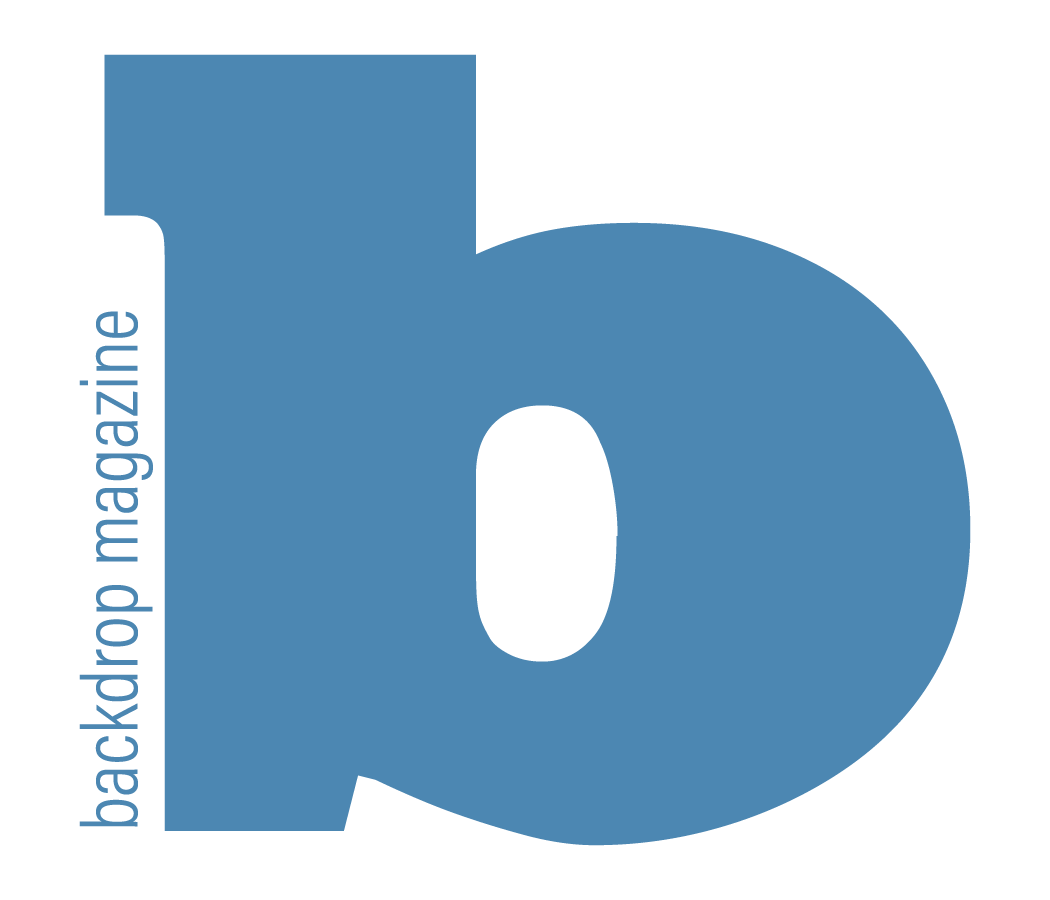A Greater Need for Mental Health Support
Story by Rory Ball, photos by Jessica Brewer
Counseling and Psychological Services’ plan to help struggling students following the pandemic.
Counseling and Psychological Services having a meeting about Ohio University's body project.
As students begin totransition back onto Ohio University’s Athens campus following the coronavirus pandemic, faculty and students are preparing for an increase in much-needed mental health services. Although it can be overwhelming to consider how much the lockdown has negatively affected students’ mental health, Counseling and Psychological Services (CPS) at OU is prepared to offer students the specific resources that they need to strengthen their mental health.
Dr. Rebecca Conrad Davenport, Associate and Clinical Director for CPS, elaborates on how important it is for CPS staff to prepare for expected increases in the number of students who reach out for mental health services this semester.
“We will continue to monitor our availability, resources and utilization so that we can respond to the demand and needs as the semester unfolds,” says Davenport.
CPS plans to effectively help students seeking services by adding hours to initial appointments, which will allow students to quickly access the right therapy program for them. CPS offers many different therapy programs, self-guided therapy applications, individual sessions, online workshops and even emergency phone consultations.
“CPS has worked hard to diversify its services and utilize best practice models that are used across many university counseling centers to reach maximum students with limited resources,” says Dr. Paul Castelino, Director of CPS.
To fund these services, the Office of Budget Planning and Analysis (OBPA) at OU allocates funds from the Housing and Residence Life auxiliary funds and the OBPA central fund. In the 2019 fiscal year, CPS received $2,601,180 and that number significantly dropped for the 2021 fiscal year to $2,198,919.
With such a dramatic decrease in funds, it can be discouraging to consider how CPS will adjust its services to assists students. In the 2017 fiscal year, the OBPA approved a $1,000,000 investment request that CPS used to increase staffing levels.
The previous approval gave CPS an opportunity to support students in the future, and CPS is attentive to how important students’ mental health is.
“Our staff is consistently working to be responsive to students and staying abreast of the standards of care in our respective mental health fields,” says Davenport.
Sarah Ketchen Lipson, Ph.D., M.Ed. is the associate director for the Healthy Minds Network and principal investigator for the Healthy Minds Study. The Healthy Minds Study focused on students’ worsening mental health throughout the pandemic.
“‘In the pandemic, we’ve seen the highest rates of students indicating their mental health has negatively affected their academics,’” says Lipson in Luke Hijl’s TimelyMD Post-pandemic Campus Life and Student Mental Health Needs in Higher Education article.
CPS focuses on the wellbeing of every student seeking mental health services despite obstacles brought on by the coronavirus. Throughout the pandemic, CPS has had to shift its services to an online format that would function the same as in-person assistance for students. Now, as students arrive back on campus, CPS is able to offer their services in person and virtually.
Just like CPS’s other services, the Ohio University Body Project had to shift all training sessions to an online format. The organization offers a four-week prevention program that gives students training sessions with student educators to increase body acceptance and decrease risk for developing eating disorders.
The Body Project was launched in the fall 2019, which meant educators only had two or three sessions to work in-person with students before the pandemic. Following many technical difficulties that made it hard to meet virtually at the beginning of the pandemic, Lily Morris, a senior studying social work and president of the Body Project, recalls how popular the program became.
“... Last semester we ended up having a waiting list because we didn't have enough educators,” says Morris. An increased number of students in the program is a positive indication of students’ willingness to seek assistance in turbulent times.
Morris points out how daunting it can be for students to utilize counseling and psychological services, but how a student-run program can ease students’ anxiety about seeking assistance. CPS staff is also excited about the benefits the program has to offer through its peer assistance methodology.
“We, as students, relate on a different level that [CPS staff]may not be able to...[The Body Project]creates more of an inclusive and comfortable environment,” says Morris.
One thing that pandemic has taught many students is just how powerful and all-consuming social media can be.
“Social media is a great thing, but it also can be a pretty terrible thing as far as body comparison and things like that so that could be another issue that starts to come up more,” says Morris.
That is not to say social media is strictly used in a negative way. CPS is expanding its social media presence to reach more students and destigmatize mental health issues. CPS is on Twitter @OHIO_Counseling and YouTube where staff post self-guided coping and meditation videos.
Although the past year has not been easy on students, quick action and assistance by CPS staff has given students useful resources to take back control of their mental health.
If you or someone you know is experiencing a crisis, call the 24-hour CPS phone number: 740-593-1616. For a consultation call at 740-593-1616 Monday through Friday from 10 a.m. to 3 p.m.

